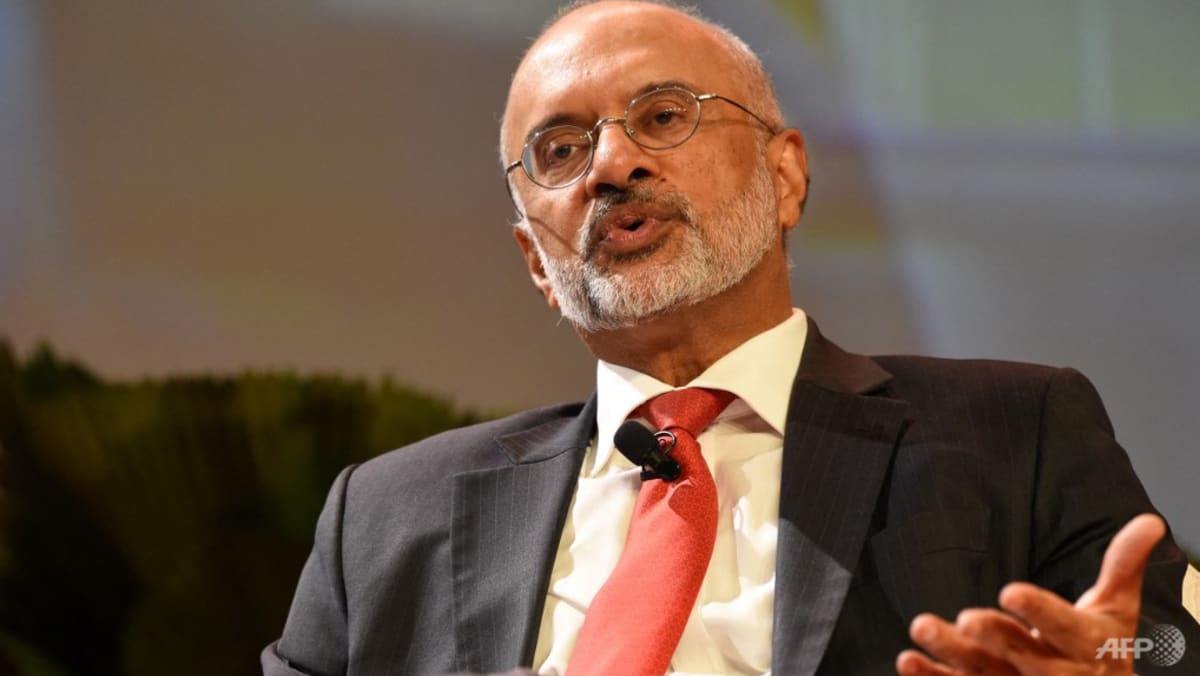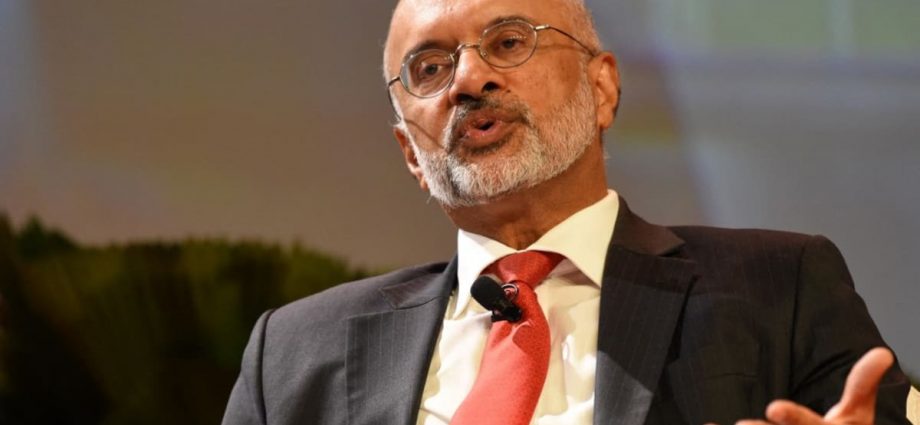
“The truth is, you can’t get ahead of the curve. I have no idea who might do a deep fake (and) when – you only have to be responsive, reactive, and be able to do that in as close to real time as you can,” said Mr Gupta.
THE NOTION OF PRIVACY
Mr Gupta also spoke about privacy as another aspect of digital trust during the wide-ranging interview.
Privacy is harder to manage than security, given that it is “not an absolute”, Mr Gupta said.
“The notion of privacy varies considerably from cultures. How the West liberal thinks about data privacy is oftentimes very different from Asia, where the rights of public and right of society often trump the rights of the individual,” he said.
The concept also varies by age and time, making consent architecture applicable to multiple countries challenging, he said.
While privacy and security are essential ingredients for digital trust, there is more to it, he said.
“If you really want to get the same kind of trust in a digital domain that you often have in the physical world, you need to be thinking about, first of all, reliability,” he said.
“The systems have got to be available and work when you need them, and the experience has got to be easy and seamless.”
He acknowledged DBS’ disruption to digital banking services last year and highlighted a recent days-long outage of South Korean super app Kakao.
In the case of Whatsapp, which also recently experienced issues, Mr Gupta noted that people were quick to say: “Can’t trust it, we need to find an alternative.”
ESTABLISHING TRUST
Accountability is also important in establishing digital trust, he said.
“If something goes wrong, do we know who’s accountable? How do you establish accountability? And then all of this needs to rest on a bedrock of rule of law … a society where some things go wrong, we have an element of recourse you can go for a legal construct,” he said.
Specifically on establishing trust when it comes to DBS’ digital assets trading platform, Mr Gupta said that one of the good things about blockchain, and distributed ledger technology in general, is that the underlying protocols are built on being able to establish authenticity and trust much better than the old paradigm.
In contrast, the traditional system relies on institutions like banks for information, he said.
“Even though we believe that that (the old paradigm) is trustworthy, it is really quite easy to change the record, to hack the system, whereas the digital ledger or blockchain technology requires a preponderance of evidence across a multiplicity of players to be able to actually change records,” he said.
He noted that blockchain and distributed ledger technologies can be better forms of authentication and authorisation than traditional measures.
The challenge is getting to a stage of exponential large scale, and whether people are willing to accept it, he said. The process will take time, he added.
However, these newer technologies are not without their faults, he said.
“Increasingly, you also need to have guardrails to make sure people are not misusing the system. Today, you can authenticate and authorise, but you can’t keep out bad actors,” he said, citing money laundering as an example.
“There are agencies today who do purity checks to make sure that tokens are authentic, genuine, they’re not being tainted. But again, the software infrastructure – I suppose this will also need to improve.”

